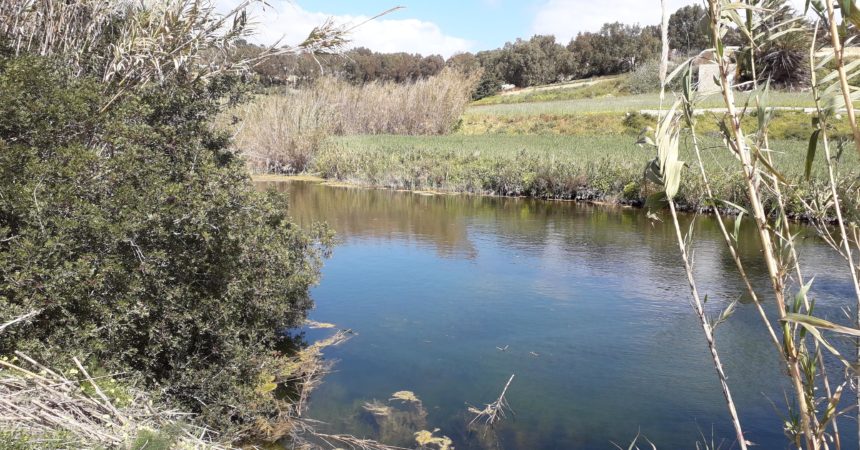As of 15 February 2023, Malta was amongst 30 countries in which the use of lead ammunition in wetlands was banned through EU-wide legistlation. Malta is among only five countries that have not introduced the change into national law.
The new law forms part of the EU’s REACH regulations, which are aimed at restricting chemically poisonous substances. It hopes to save an estimated one million birds that die by lead poisoning each year within the EU.
This change came into force following a two-year period in which all 27 EU member states, along with Iceland, Norway, and Lichtenstein, were to prepare for the change. Malta was among only six countries to vote against the legislation when it was being proposed.
In a statement celebrating the change, BirdLife Malta CEO Mark Sultana called upon the government to “confirm what falls under ‘wetland’” given that, despite the allotted preparatory period, no sites or areas have been legally defined.
BirdLife Malta also noted that “since many hunters are nowadays creating man-made pools to attract birds for their hunting pleasure, even these areas would automatically mean they fall under wetland definition.”
According to FACE, the European Federation for Hunting and Conservation, Malta – along with Poland, Ireland, Romania and Slovenia – has not yet introduced any national legislation that reflects the new EU legislation.
The law, signed in 2021, called for national legislation to mirror the Ramsar Convention’s definition of wetlands when putting the regulation into effect.
Under the Ramsar Convention on Wetlands, which Malta has been party to since 1989, all valleys, water catchments as well as Malta’s entire coastline would fall under the definition of ‘wetlands’.
The convention defines wetlands as being characterised by the presence of water – static or flowing, fresh or saline, natural or artificial, within areas including marsh, fen, or coastline.
Since Malta joined the convention, only two sites have been submitted to Ramsar’s wetlands register – Għadira and is-Simar, with the latter having been added last in 1996.
Popular wetland areas such as Salini, Wied il-Qlejgħa (Chadwick Lakes), and Għajn Riħana are not included. Environmental NGO Nature Trust identifies more than 90 distinct wetland areas and locations across Malta.
The new EU law calls for enforcement action to be taken against any individuals caught carrying lead shot ammunition in wetland areas, including within a 100 metres buffer zone around these areas. The law treats the carrying of such ammunition as demonstrable intent to use, given the difficulty of enforcement.
Owing to Malta’s small size, the abundance of areas considered to be wetlands, as well the 100 metre buffer required around each area, BirdLife Malta has called for lead shot to be banned across the whole of the islands.
The Federazzjoni Kaċċaturi Nassaba Konservazzjonisti (FKNK), while opposed to the legislation, also believed this would be the case, having stated in 2020 that if this law were to come into effect, “lead in gunshot would have to end in small countries such as Malta”.
The lead ammunition was polluting Europe’s wetland areas with between 4,000 and 5,000 tonnes of lead annually. Similarly priced alternatives exist and are available across Europe, with the shells having steel or tungsten shot instead.
These lead particles are mistaken for small stones or grit by waterfowl, an essential part of their digestive system. This leads to their poisoning, along with the poisoning of any other animals which ingest the waterfowl as prey.
Barbara Herrero, Birdlife Europe’s Senior EU Nature Policy Officer described the introduction of the law as “huge”, but lamented the fact that the ban concerns only wetland areas. She noted that this may change following the European Chemicals Agency’s assessment of the environmental and health risks of lead in sporting activities.
Reporting by Sean Montebello














Well duh.
A government by rednecks, for rednecks.
Since when did the MLP care about abiding by rules? Not in my observations, for sure.